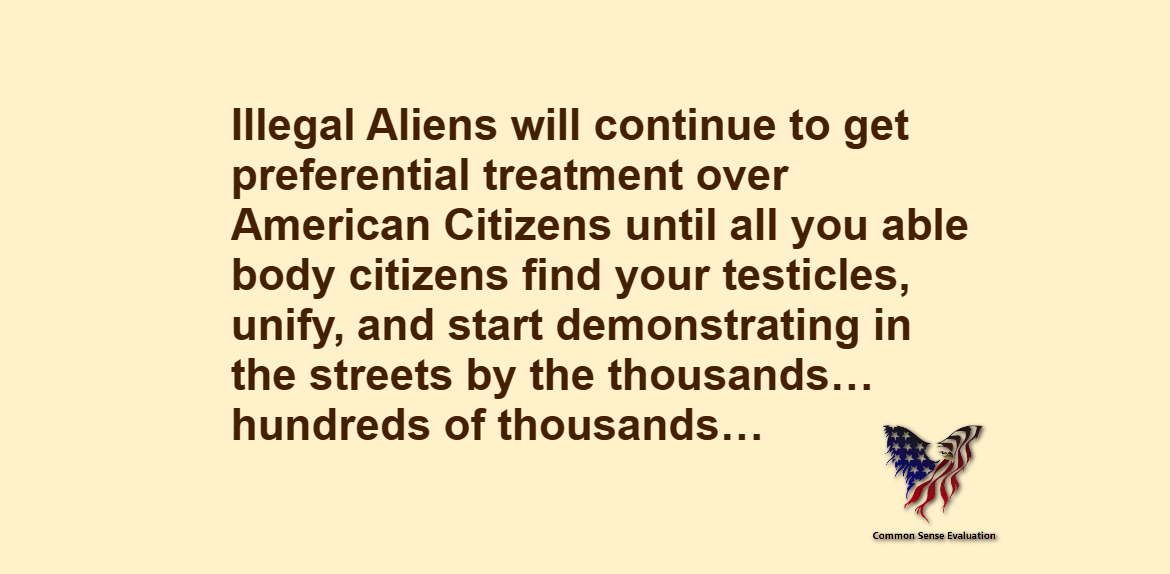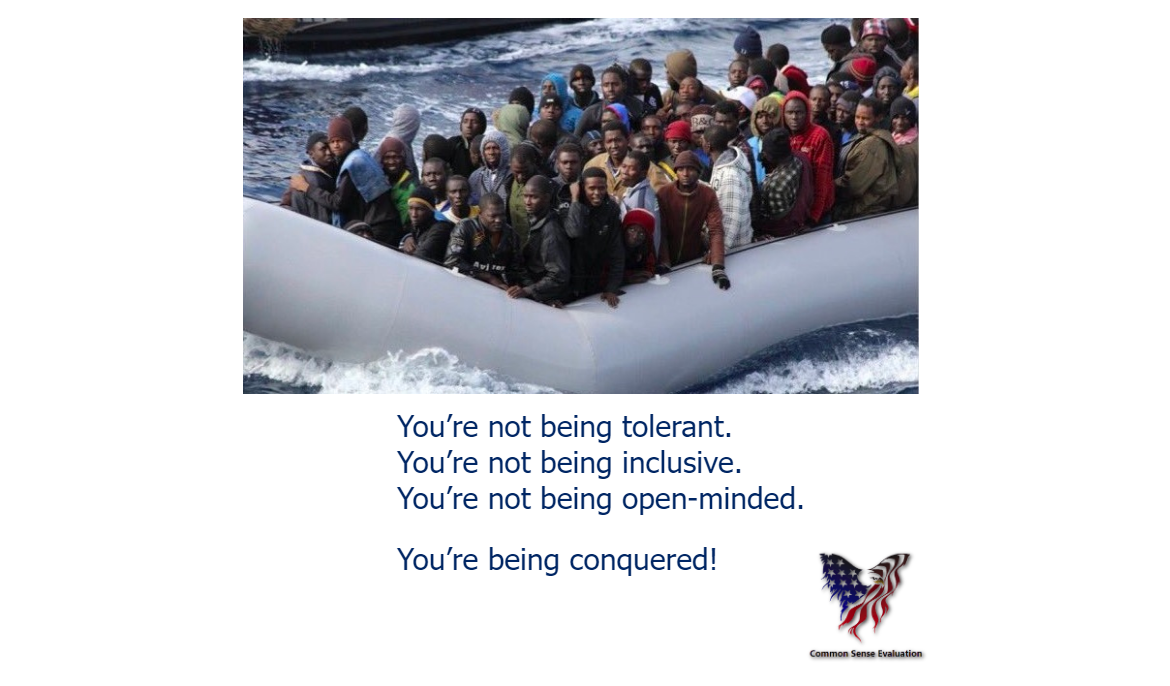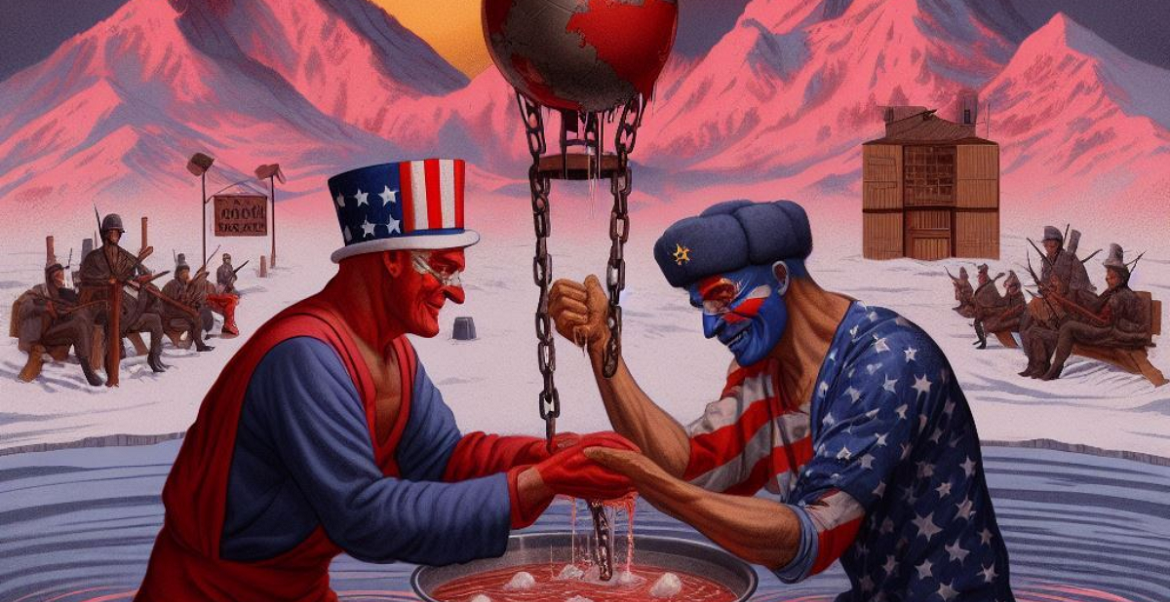In the world of warfare and covert operations, the term “fifth column” carries an air of intrigue and secret operations. While it might sound like a plot from a spy novel, the reality is that fifth column activities can have profound consequences on the stability of nations and the lives of individuals.
Unearthing the Origins
The roots of the term “fifth column” can be traced back to the Spanish Civil War (1936-1939). General Emilio Mola, a key figure in the Nationalist uprising against the Republican government, coined the phrase. As he advanced on Madrid with four columns of troops, he cryptically mentioned a “fifth column” already operating within the city, actively sabotaging the Republican defenses.
Tactics in the Shadows
Fifth column groups employ a range of tactics to achieve their goals, including:
Sabotage
Disrupting crucial infrastructure like communication networks, transportation systems, or power grids.
Espionage
Gathering intelligence on military plans, government secrets, or industrial capabilities.
Propaganda
Spreading misinformation and propaganda to sow discord, undermine morale, and erode public trust.
Subversive Activities
Inciting riots, promoting civil disobedience, or supporting armed insurgencies.
The Ripple Effect
The impact of fifth column activities is far-reaching and can:
- Weaken National Security: Compromise military capabilities and intelligence-gathering efforts.
- Destabilize the Government: Undermine public confidence in leadership and institutions.
- Hinder Economic Development: Disrupt critical infrastructure, creating an atmosphere of fear and uncertainty.
- Prolong Conflicts: Exacerbate existing tensions and fuel violence.
Safeguarding Sovereignty
Countering the fifth column threat demands a comprehensive strategy, involving:
Intelligence Gathering
Identifying and monitoring potential threats through surveillance, undercover operations, and information sharing.
Counterintelligence
Disrupting fifth column activities through infiltration, deception, and legal action.
Public Awareness
Educating the public about the dangers of fifth column activities and fostering a sense of vigilance.
Strong Leadership
Building trust in government institutions and promoting national unity.
Applying the Lessons Today: Safeguarding Against Internal Threats
In the landscape of today’s challenges, it’s imperative to scrutinize whether fifth column dynamics are at play. The current state of affairs in our country raises red flags, with actions seemingly geared towards undermining stability and eroding the very fabric of our nation.
Economic Collapse
Instances of collapsing the economy and looting the Treasury echo the hallmarks of a potential fifth column agenda. Deliberate mismanagement and financial malfeasance can weaken the economic foundation, leaving the nation vulnerable.
Open Borders
The policy of open borders, while appearing benevolent, can be strategically exploited. A fifth column might leverage uncontrolled migration to create social unrest, strain resources, and compromise national security.
Two-Tiered System of Justice
The existence of a two-tiered system of justice, where political elites enjoy preferential treatment, undermines the very essence of a fair and just society. It erodes public trust and perpetuates a sense of injustice among citizens.
Political Oppression
Using power to punish political opponents is a telltale sign of a fifth column agenda. Suppressing dissent, stifling opposition, and employing legal mechanisms for political persecution can destabilize the democratic foundations of a nation.
Final Thoughts
In the face of these challenges, vigilance, strong leadership, and public awareness become paramount. By recognizing and addressing these tactics, we can fortify our nation against internal threats and ensure the preservation of our sovereignty.
Understanding the methods and motivations of the fifth column is crucial for national security. By taking proactive measures and addressing these specific challenges, we can thwart covert activities and protect the well-being of our country.




